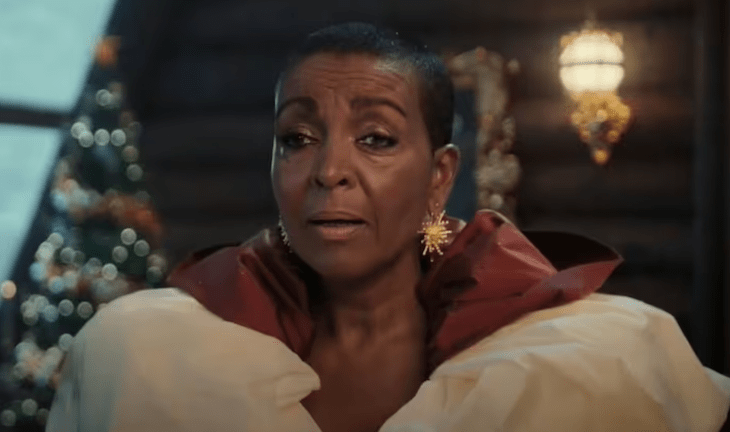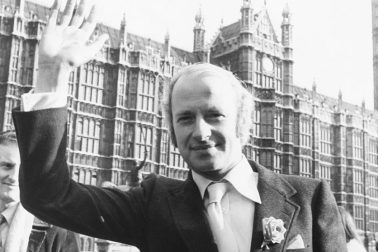Christmas television adverts are meant to be comforting, homely, and traditional. While some find these offerings, especially John Lewis’s, overly twee and sentimental, most would agree that festive adverts should be kept clear of politics – overt or otherwise.
This unspoken consensus, however, appears to have been lost on those behind the new Boots Christmas TV commercial, an advert stamped with hallmarks of the hyper-liberal politics that, all year round, bring so little joy and cheer to the nation.
The advert stars Adjoa Andoh, the actress best known for describing the King’s Coronation as ‘terribly white’, in the role of Mrs Claus, tending to her fat, lazy, white husband while referring to one present for ‘Robin’ as ‘very them’ – rather than ‘very her’ or ‘very him’. Unsurprisingly, it has sparked a backlash online, with ‘boycott Boots’ trending on X (formerly Twitter). In predictable fashion, some have already dismissed the response as a cry from ‘far-right bigots’ (Pink News) or evidence of a nostalgic, racist desire to return to the 1950s (Independent). The only surprise, perhaps, is that no one has yet called it a ‘moral panic’.
This reaction to Boots is hardly unexpected. The retailer, which this year received a ‘gold award’ in Stonewall’s UK Workplace Equality Index, has pledged ‘to focus on LGBT+ acceptance through our marketing and brands’. It is conspicuous among brands keen to showcase hyper-progressive values. Boots has provided 3,000 Pride pins to staff, and in 2022, its Christmas advert featured a drag queen. Its adverts, especially in print and on television, are often notable for a hyper-tokenism, even in a medium already infamous for its apparent aversion to white males.
Yet the backlash against Boots’s advert isn’t about shock but frustration at a relentless narrative, especially on gender issues. In these culture wars, it seems that not even Christmas offers a truce from what many see as corporate virtue-signalling. But will the Boots advert work?
The advert stars Adjoa Andoh, the actress best known for describing the King’s Coronation as ‘terribly white’
While the phrase ‘go woke, go broke’ is disputed as an absolute rule, some corporations have been badly burnt in recent years by flaunting their progressive credentials. Last May, Bud Light faced a fierce backlash after featuring a transgender influencer in a promotion. A coordinated boycott saw its sales fall by more than ten per cent in the United States.
Disney, too, has faced setbacks since deciding to position itself as the moral compass of America’s moneyed elites. Its recent releases have featured a Muslim female superhero and a non-binary character, but audiences seem tired of moralising. Several of Disney’s recent films have bombed at the box office.
American retailer Target saw a 10 per cent drop in digital sales after launching a Pride collection last year. Then there’s Benetton, the trailblazer of socially conscious advertising. Its ‘United Colors of Benetton’ campaign, launched in 1982, used controversial imagery to raise awareness on issues such as racism, AIDS, and the environment. While it boosted sales in the short term, it ultimately failed to sustain the brand. Benetton is now a shadow of its former self, largely invisible in today’s market.
The Benetton story is a cautionary one: appropriating fashionable causes or feigning liberal beliefs may not necessarily bring financial ruin, but it can lead to a loss of focus. No brand is too big to fail. Companies that grow lazy or arrogant risk peril, no matter how established they might be – just look at Atari, Pan Am, Kodak, Nokia, and Blockbuster.
Antagonising people at Christmas seems unlikely to prove a bright idea for Boots.






Comments